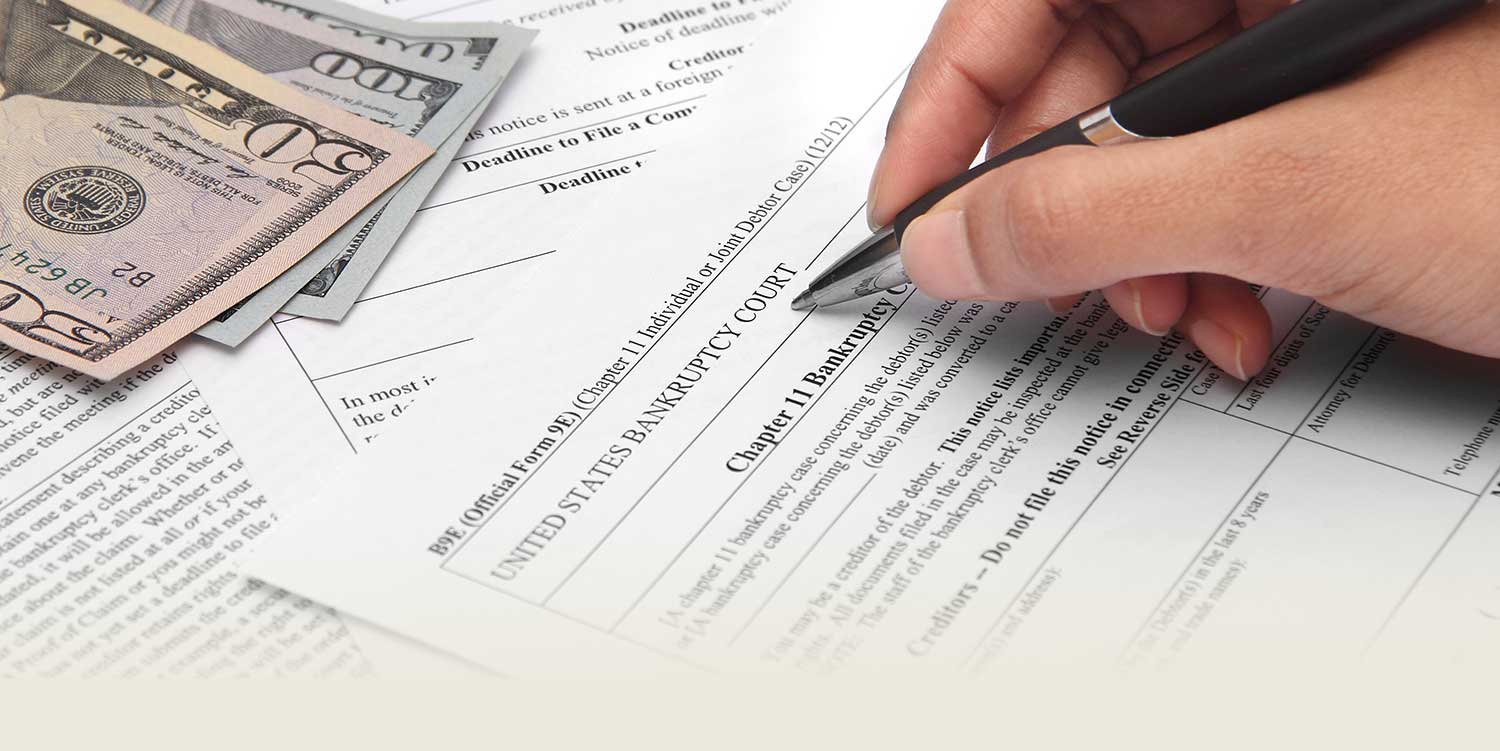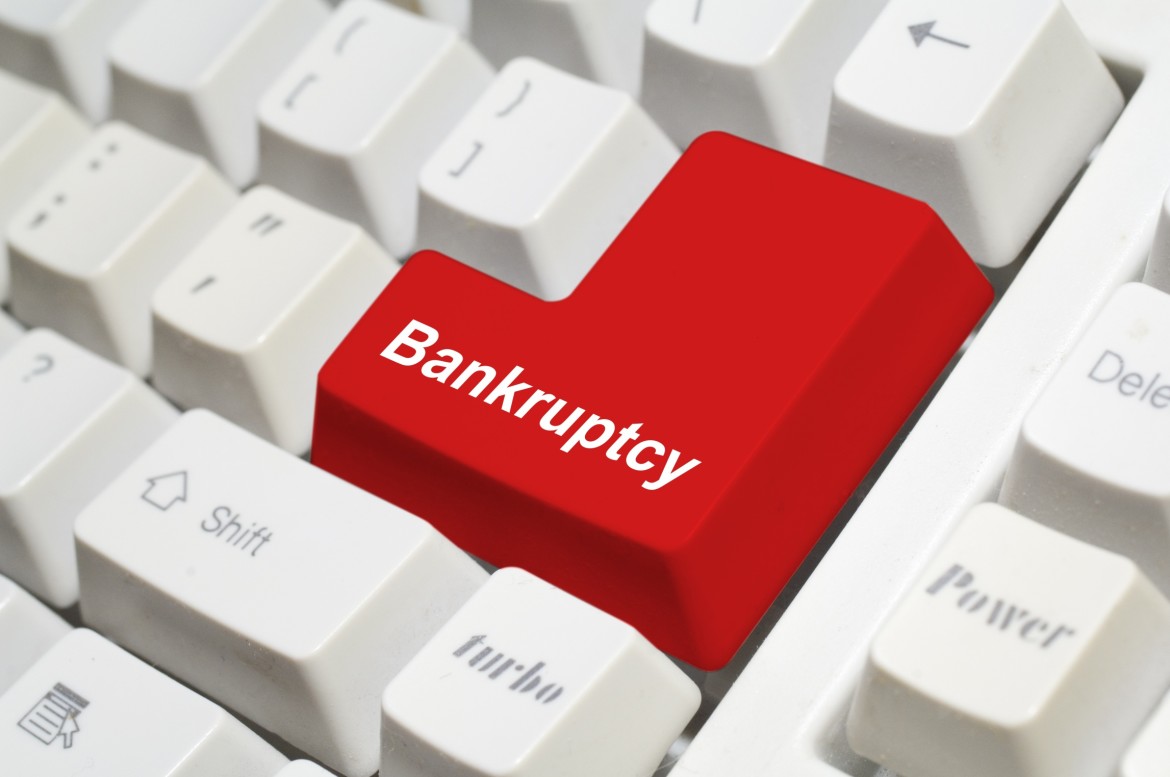Tips for filing a successful bankruptcy
How do I know whether to file a chapter 7 or a chapter 13
To do a thorough means test and evaluate your potential for filing bankruptcy an attorney needs all of your financial documentation and needs the answers to a lot of questions including what all your assets are worth, and what all your debts are. As an attorney I usually find out something while interviewing you that will make you have to make another trip to my office no matter how many documents you bring with you. You can’t bring enough legal documents with you to help the lawyer. Many lawyers have access to many services. For example we check with one service provider that we pay for monthly to run a lawsuit check. We are also signed up with a credit reporting agency so we can run credit reports. We also are signed up with a service to run vehicle appraisals. We also routinely check to see how many prior bankruptcies you have filed. It takes several hours of preparation to make an accurate determination of which type of bankruptcy you can file.
Can I go file bankruptcy for myself?
The short answer is yes. The long answer is any time I see a pro se debtor in bankruptcy court I feel sorry for them because I know there are so many things they don’t know that can and will probably hurt them. It took me a year of filing bankruptcies and several seminars before I felt comfortable filing them. Bankruptcy is a area of law where what you don’t know can hurt you. I remember in 1988 when I took bankruptcy in law school the professor telling us not to file one if we didn’t know what you were doing. I didn’t know why then but I do now. There’s no way in a guide like this to go over every possible scenario that could happen in a bankruptcy to properly advice someone how to file one. The best advice for anyone considering filing bankruptcy is to hire a bankruptcy attorney.
Can a bankruptcy stop the IRS?
The short answer is yes. Whether the bankruptcy will discharge the taxes depends on several factors including how old the tax debt is. Now a chapter 13, if you can afford the payment, will stop the interest and penalties of the IRS as long as you pay it off. A bankruptcy of either type will stop a levy on your wages at least temporarily. If both spouses owe taxes and only one files the other one will still owe all the interest and penalties and the IRS will come after that spouse after the bankruptcy is paid off.
Can a bankruptcy stop a foreclosure?
Yes assuming you have only filed one or no prior bankruptcies in the past year. Usually a debtor court will allow you to pay the arrearage back at 0% over five years. You need to give a debtor court attorney at least a couple of days to get the paperwork done to stop the foreclosure for you.
Can a bankruptcy stop a garnishment?
The short answer is yes. Sometimes you can arrange a debtor court payment plan to pay all or part of the garnishment back. Sometimes you can file a chapter 7 and wipe all the debt out. The ability to file either type of bankruptcy involves asking many questions and reviewing many documents. Also depending on how quickly the bankruptcy is filed you may be able to get back part of the money that has been garnished.
How long is bankruptcy on my credit?
10 years.
How often can I file bankruptcy?
You can file a complete chapter 7 bankruptcy every 8 years. You can just about live in a debtor court the rest of your life if the court does not put a refiling bar on you. Generally a debtor court lasts 3-5 years.
Can I pay just a part of my debts back?
A repayment plan can be based on your ability to pay. If you cannot pay back 100% of your debt sometimes you have to make choices on what assets you surrender. For example, the court may not let you keep two cars for personal use and pay for both cars while not paying back money to unsecured creditors. What you can do often depends on your entire financial situation, your credit history, your prior bankruptcy history and your financial ability. W




